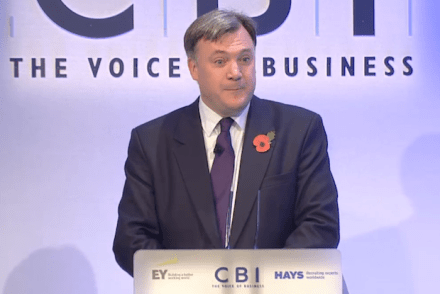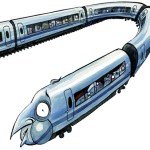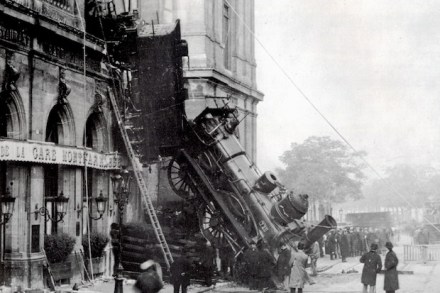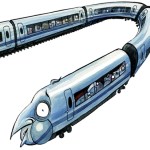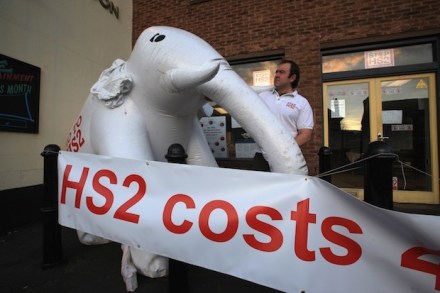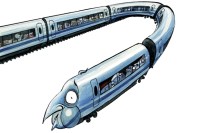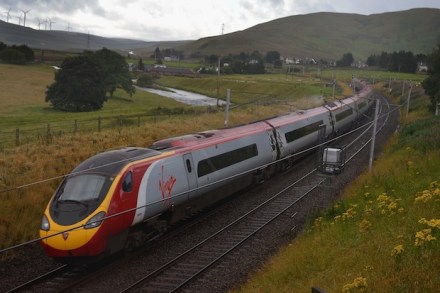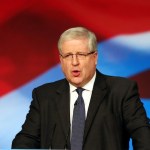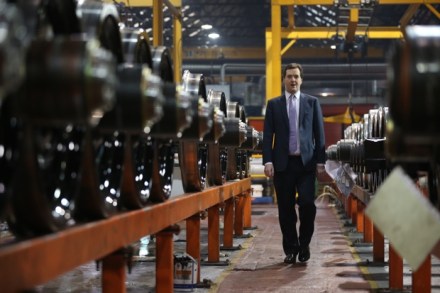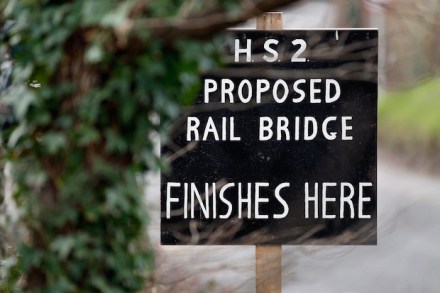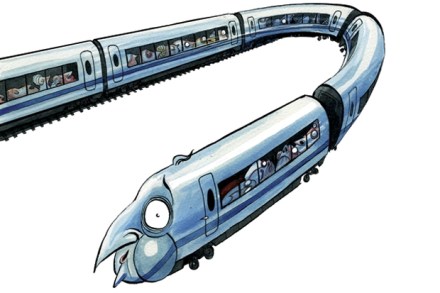Ed Balls’ credibility mission
The never-ending slew of messages from Labour figures about the party’s ‘clear’ position on high-speed rail was part of an attempt by the party to show that it is a credible opposition that scrutinises policies rather than blindly supports them. But this got rather confusing last week as each ‘clear position’ was a little different to the last. So today Ed Balls tried to set out Labour’s clear position more clearly when he spoke to the CBI conference. And it turns out that this position is the same as it was at the party’s conference. Here is the section on the new line in the Shadow Chancellor’s speech: ‘Labour supports
